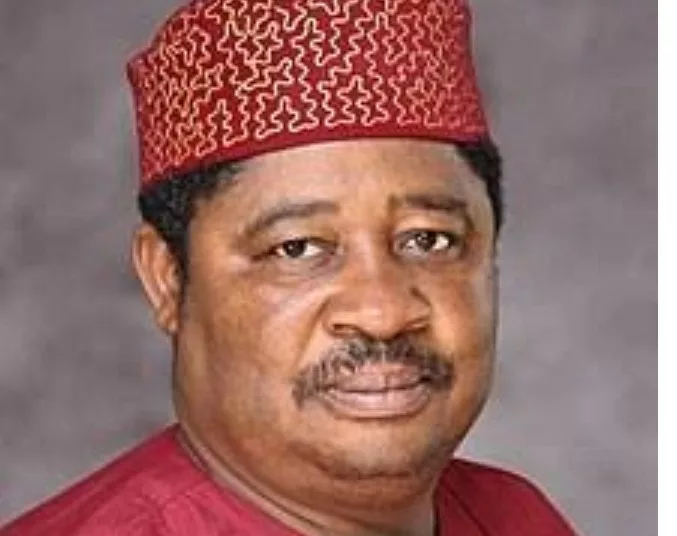In the past few years, Ekiti State Arts and Culture sector has made waves from winning the top three positions in national cultural events as NAFEST, to placing second only to Lagos in the tourism sector, to creating about 200 jobs for Ekiti residents, the State’s arts and culture sector has become one of its major internal revenue generators.
The commissioner for Arts and Culture, Ekiti State, Professor Ojo Bakare Rasaki shares with LEADERSHIP Weekend at the Holding Talks session, the recipe to his success in the sector.
Prof Rasaki attributes the success of the sector to structural, policy changes, and his technocratic approach to his role as a commissioner of the sector.
Contrary to politician mindset, the theatre/dance professional and lecturer had never viewed or ran his administration with the intention to return to office, rather as a technocrat.
His outlook of the job led him to making the structural and political changes necessary such as the disbanding of the existing Ekiti State Performing Troupe to create an independent group The Ekiti State Performing Arts Company; the hiring and training of a new staff, and the inclusion of a cultural policy, all guaranteed to ensure sustainability of the sector.
The result was the quadrupling of the performing company’s earnings, the state’s recognition of the role of the arts sector in informing, entertaining and the employment provision.
“90% of the time in my office I focused on the arts. I insisted that I was a technocrat in government and working as a professional. What I did was to train people, my staff at the commission as though I were in my studio, such that they can do what I do. I was not there to play the politics of “I want to stay back”, I simply worked on entrenching the sector in the order of priorities of the state government. This has led to the new state government mandate which has arts and culture as the fifth out of its sixth area of focus.”
“I made the state view the sector (creative industry) as a source of internal generated revenue. Prior to changing the performance troupe into a performing company, the troupe was earning N15,000 per performance.
Post the disbandment of the performing troupe, he employed 36 new graduates across various arts discipline, 27 were Ekiti indigenes, the rest from other parts of the country. Today, the Ekiti State Performing Arts Company earns N500, 000, for in-state performances, and N1 to N2 million for a 45-minute show to perform in either Lagos or Abuja.
“Because they saw this happening, they are seeing art is a business. We have Now, government (through Rasaki’s efforts) are building the Center for Arts and Talent Development – which is about four times the size of Abuja Arts and Crafts at the former House of Works Ekiti. We’re helping people see that the arts industry can bring people out of poverty.”
To further sustain the works he started, Prof Rasaki ensured that the incoming government has clear picture of its goal for the arts sector and included in the state’s 2023 Budget.
With such cultural policy in place, “artistes in the state will get grants, loans and other interventions to make films, do stage plays, and whatever else they want to do in the arts/culture sector,” said Rasaki.





